Herbs and Spices of Cyprus - more than 600 different types exist in Cyprus
20 of the most known herbs and spices of Cyprus
The use of herbs and spices has been incredibly important throughout history. Hundreds of herbs and spices are found in Cyprus, because of its geography, geology and climate. Many of them indigenous to Cyprus and others imported either through trade with other civilizations, or brought in by some of islands’ foreign rulers. Today more than 600 herbs and spices exist in Cyprus.
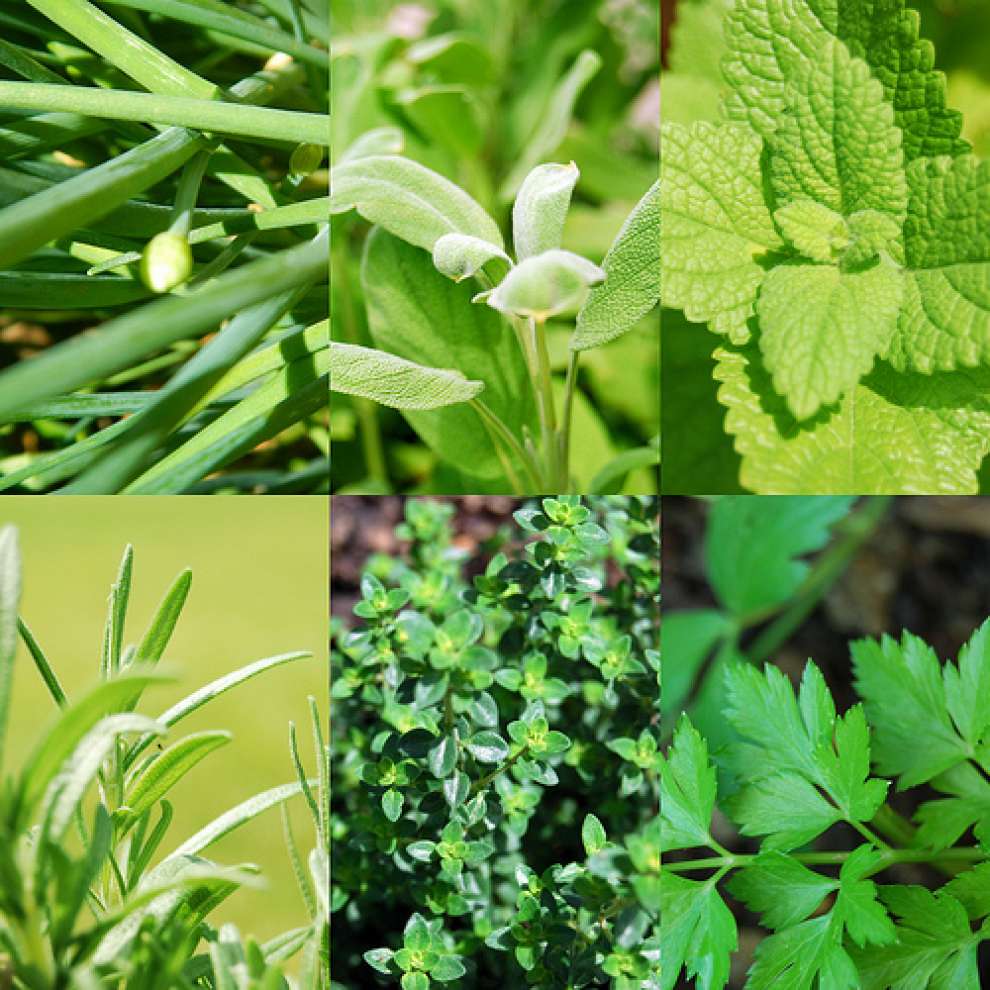
Herbs and spices of Cyprus like oregano, sage, lemon verbena, bay leaves, thyme, camomile, basil, and mint are exported worldwide. In everyday life, Cypriots use herbs and spices for their variety of uses including culinary, medicinal, cosmetic and spiritual as most of them carry remarkable health benefits.
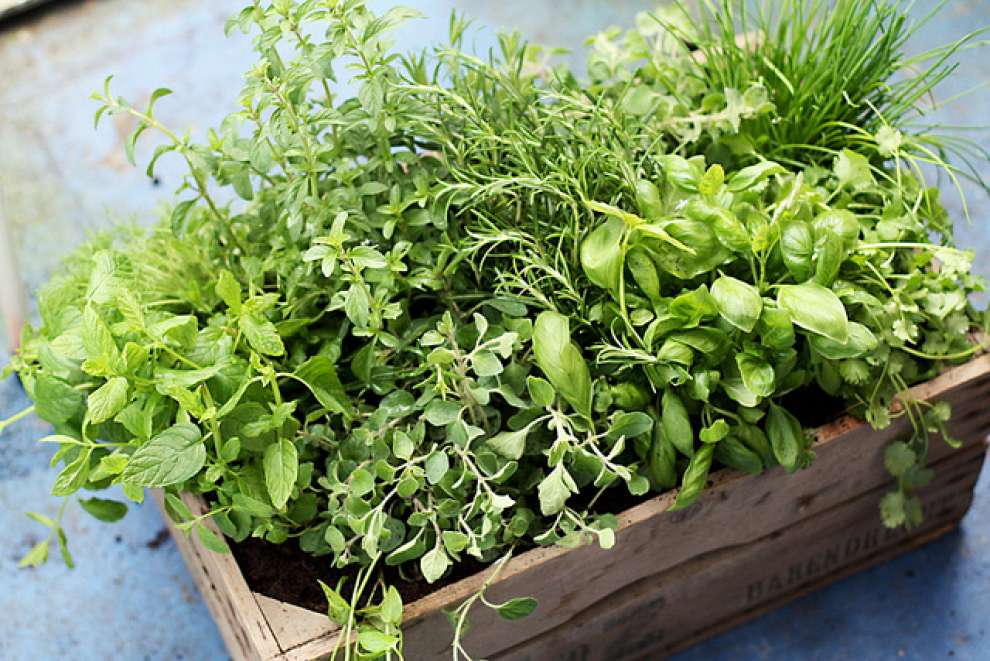
All herbs and spices are seed-bearing plants without woody stems and have antibacterial and antiviral properties. Most herbs and spices also contain more disease-fighting antioxidants than fruits and vegetables.
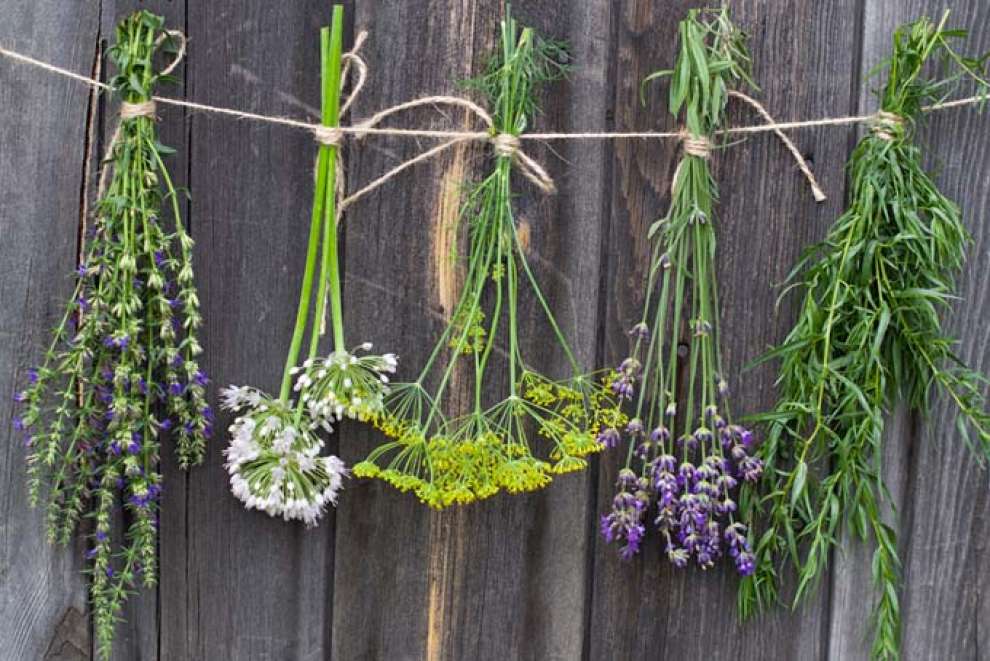
We have selected 20 of the most popular herbs and spices of Cyprus and in an alphabetical order we provide you a brief description of their benefits and 'little secrets' passed from generation to generation:
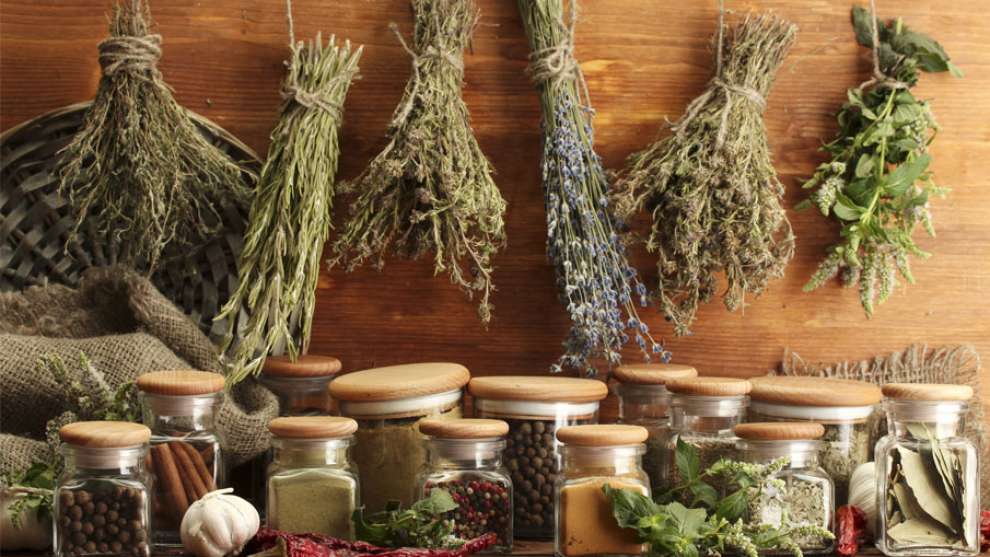
Aloe Vera - 'Aloe'
Although Aloe is 99% water, the remaining 1% is extremely powerful. Aloe is an excellent treatment for skin conditions such as burns and eczema, soothes rashes and skin irritations, heals cold sores, moisturizes hair and scalp, treats constipation, helps with digestion, boosts the Immune system and provides antioxidants and reduces Inflammation. Use aloe vera juice for all dermal problems like wounds, sunburn and scalds.
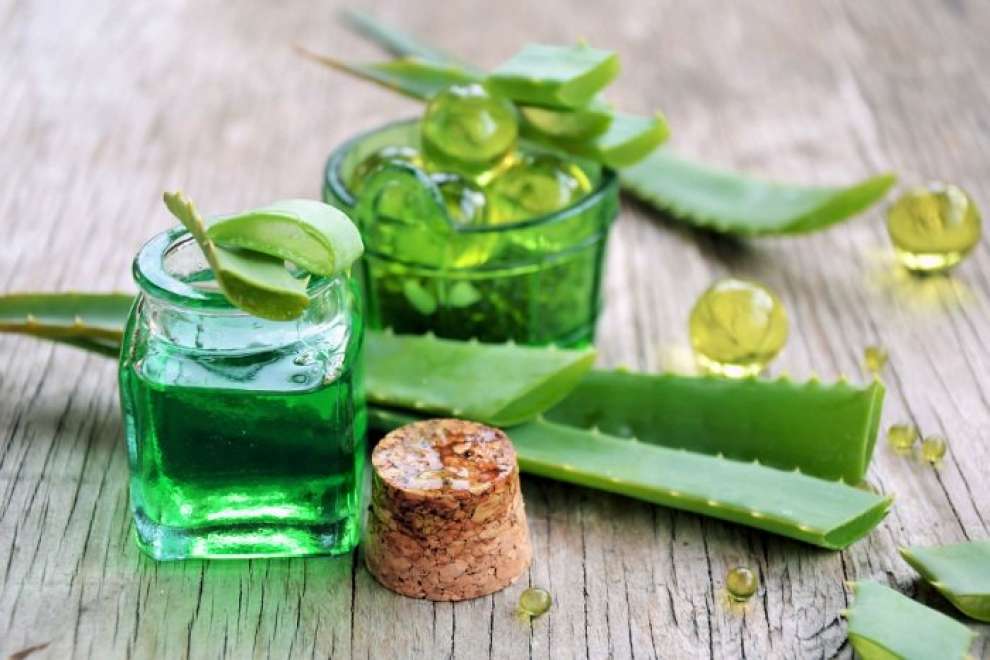
Anise - 'Glikanisos'
Anise stimulates the functions of vital organs: liver, heart, lungs and brain. Tea can be made from Anise seeds to soothe irritable bowel syndrome, menstrual cramps, stomach pains and is especially helpful for infants.
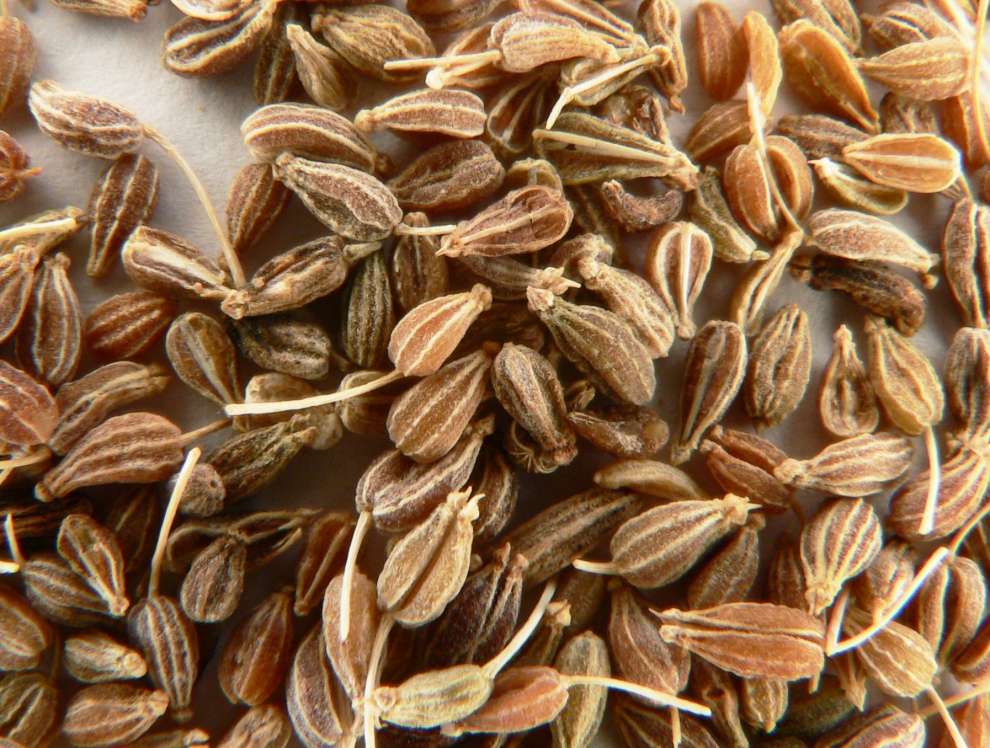
Basil - 'Vasilikos'
Basil has anti-inflammatory and antiviral properties and can help prevent osteoarthritis. It has been used in digestive disorders and is being studied for its anti-cancer properties. Taken as tea it is a tonic for the stomach and it soothes nervous headaches.
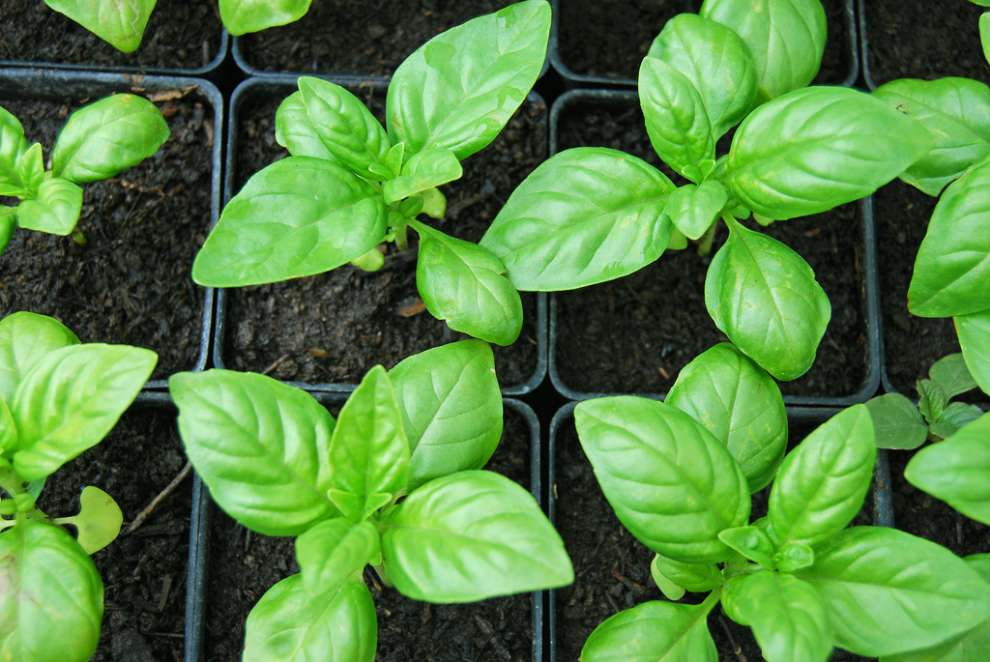
Bay leaves – ‘Dafni’
The most impressive health benefits of bay leaves include their ability to detoxify the body, slow the aging process, speed wound healing, protect the body from bacterial infections, manage diabetes, improve heart health, reduce inflammation, alleviate respiratory issues, optimize digestion, and prevent certain types of cancer. Whole leaves are commonly used in many dishes.
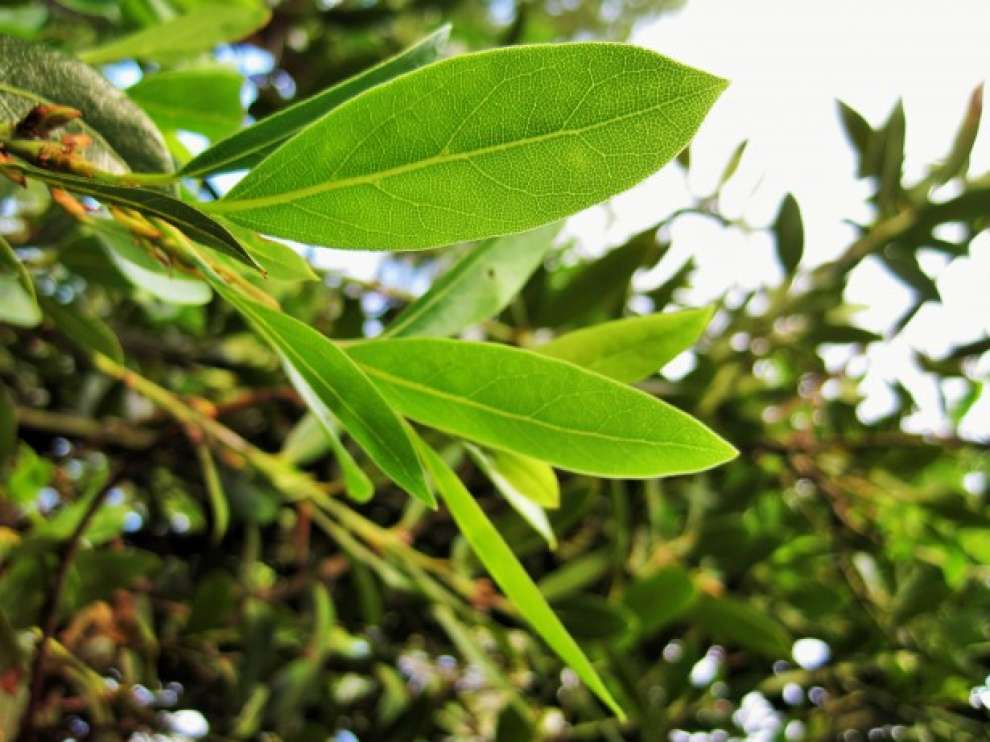
Calendula - 'Kalendula'
It is excellent for the treatment of inflammatory diseases, for gastritis and gastric ulcer. It helps in constipation and it increases the bile flow. It also helps the premenstrual syndrome and the menstruation pains. An everyday use of its juice on the skin may disappear moles. Calendula tea can be used as a mouthwash for gum and teeth infections and gargle for sore throats and tonsillitis. Alternatively, drink the tea to help treat bladder infections or stomach ulcers.
Camomile - 'Hamomili'
Camomile is perhaps the world's most soothing herb, helping to relieve anxiety and insomnia. Camomile is also often used internally to treat digestive disorders, relieve symptoms of flu, bowel inflammation, heartburn and even menstrual cramps. Externally, it can be used to treat skin disorders, sunburns, eye inflammation, bacterial infections and reduces allergy symptoms.

Coriander – ‘Koliandros’
Coriander is a herb that is extensively used as a condiment, garnish, or decoration on culinary dishes.
The health benefits of coriander include its use in the treatment of skin inflammation, high cholesterol levels, diarrheal, mouth ulcers, anemia, indigestion, menstrual disorders, smallpox, conjunctivitis, skin disorders, and blood sugar disorders, while also benefiting eye care.
Fennel - 'Marathos'
Fennel belongs to a unique category and is considered both a herb and a spice. Fennel helps bone health, due to the calcium content, fennel can help maintain bone strength and health, improves skin health, lowers blood pressure, aids digestion, improves Colic, helps prevent cancer, and decreases risk of heart disease.
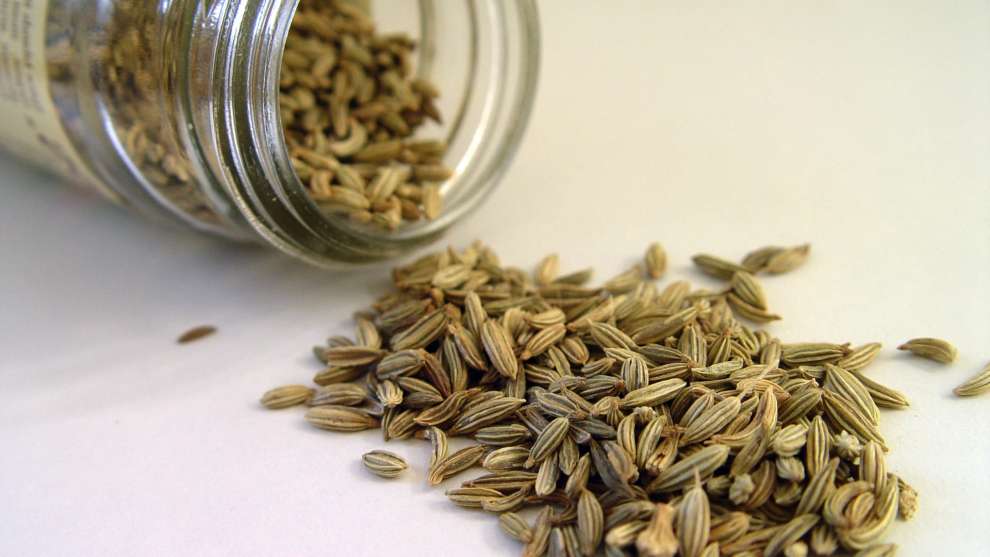
Lavender - 'Levanta'
It is a tonic of the nervous system, as it stabilizing the mood and it is effective on headaches, depression and insomnia, improves sleep, works as an expectorant, balance blood sugar, kills bacteria, relieves pain and speeds wound healing to name a few.
Cold lavender tea is an excellent skin cleanser and helps to sooth sunburn. Also if you put a cloth with lavender flowers in your closet will reject the moth and will give a pleasant aroma.
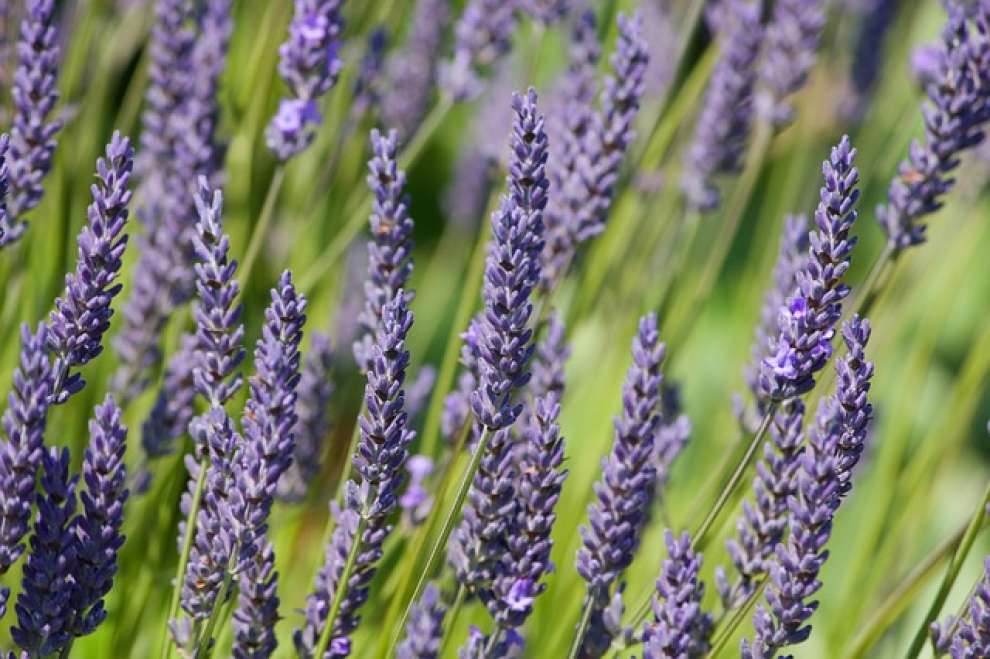
Lemon Verbena – ‘Alouiza'
If your nerves are getting the best of you or if you can't seem to snap out of a depressive episode, lemon verbena may be the herb for you. It is also very good for nausea and irritable bowel syndrome.
Drink one cup of tea of Lemon Verbena half an hour before lunch and it will help you to lose weight, whilst a cup of tea one hour before bedtime will improve the quality of your sleep.
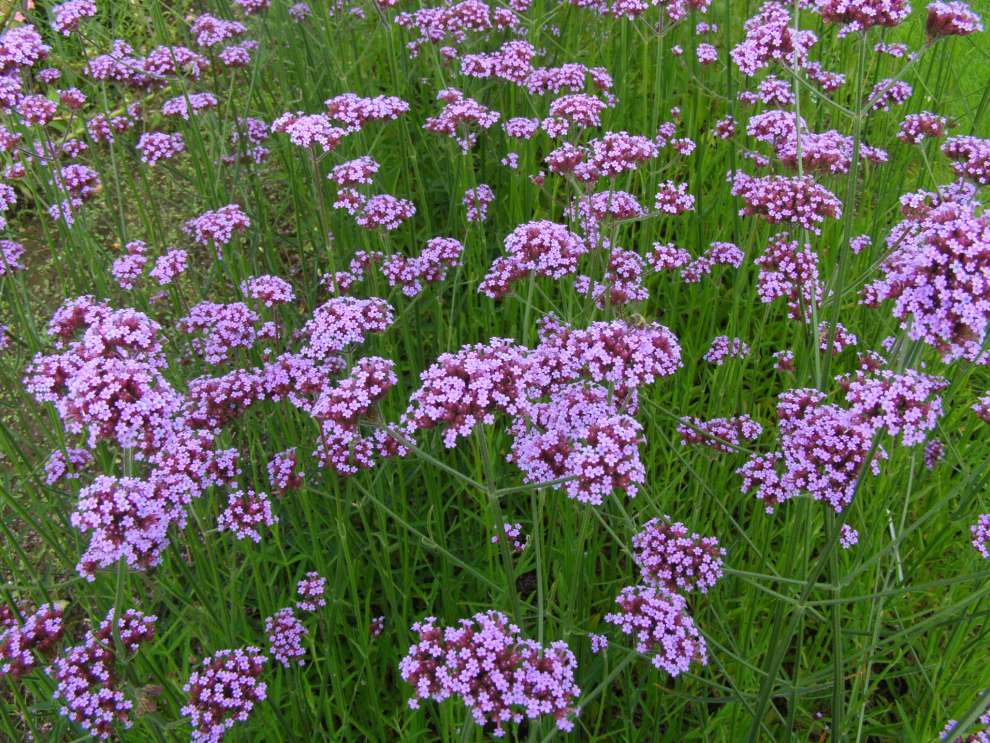
Marjoram – ‘Mantzourana’
The marjoram plant is an aromatic herb known for its aroma therapeutic and culinary uses. Its botanical name means "joy of the mountain" in Greek, and was actually first used to make wreaths for use as wedding flowers. Marjoram improves digestive function, protection against common illnesses, improves heart health and has anti-inflammatory effects to name a few.
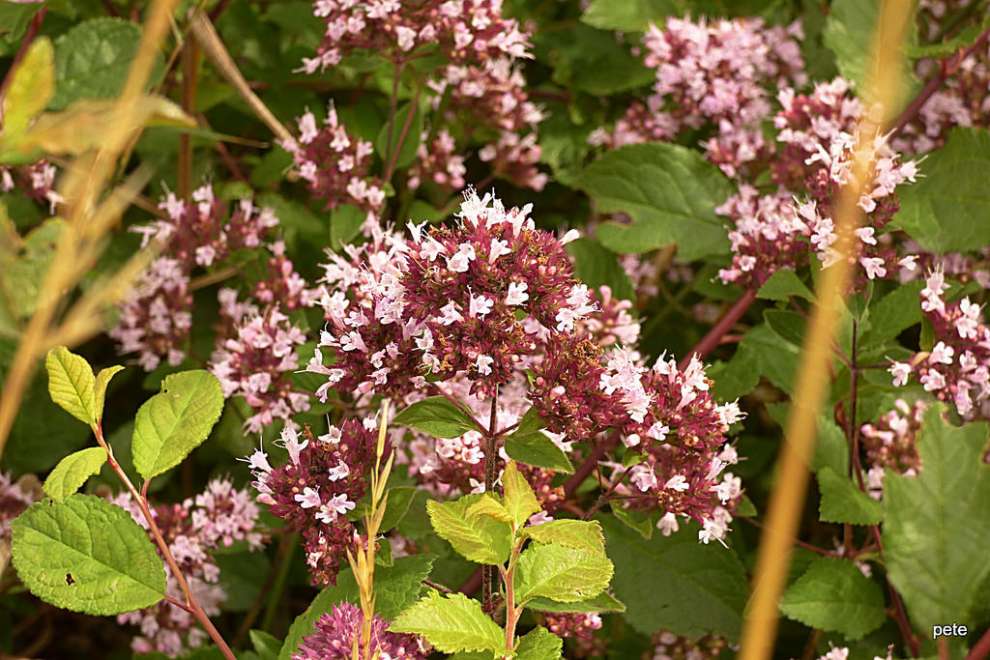
Mint (Peppermint/Spearmint) - 'Diosmos'
Mint contains many benefits for the health, including, headaches and migraines. It helps in ulcerous colitis, it stops indigestion and diarrhea, it is very good for cold and sinus problems, soothes stomach upsets, and helps digestion, tones the nervous system and relieves from stress, tension and hysteria.
Mint oil when used in a cold rub on the chest or inhale it through a vaporizer helps nasal congestion to disappear.
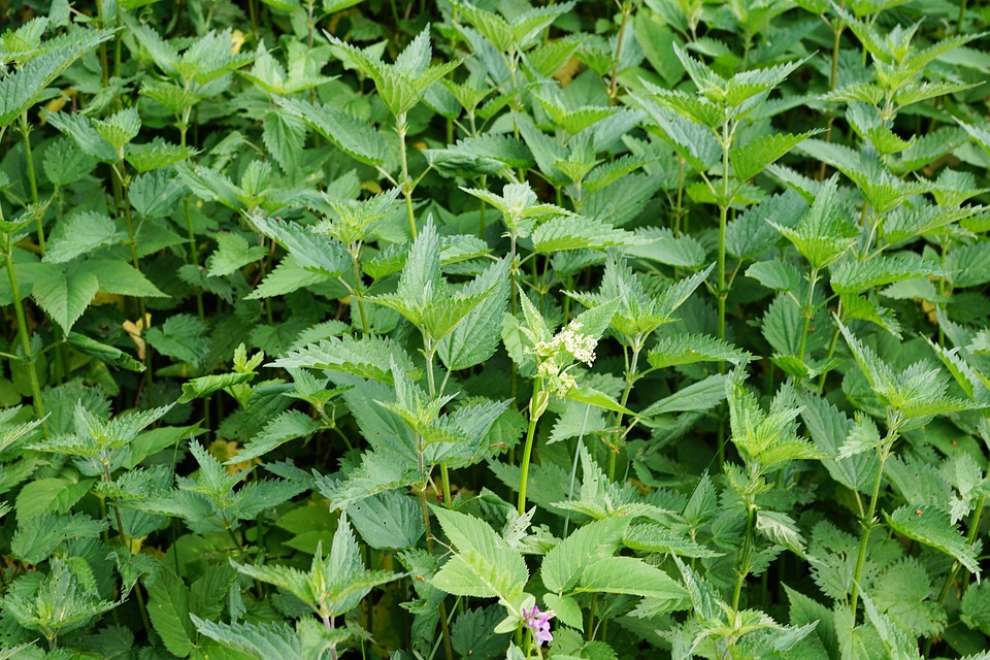
Nettle - 'Tsouknida'
It consists of vitamins C, K, pro-vitamin A, formic, acid, potassium, iron, calcium and nitrogen. Its decoction is suitable for rheumatism, bronchitis and it helps diabetics decrease sugar levels in their blood. It also helps to overcome cancer problems in various organs. The oil of nettle helps in alopecia. Three drinks of nettle are sufficient to increase the iron level of the blood to the degree the organism needs.
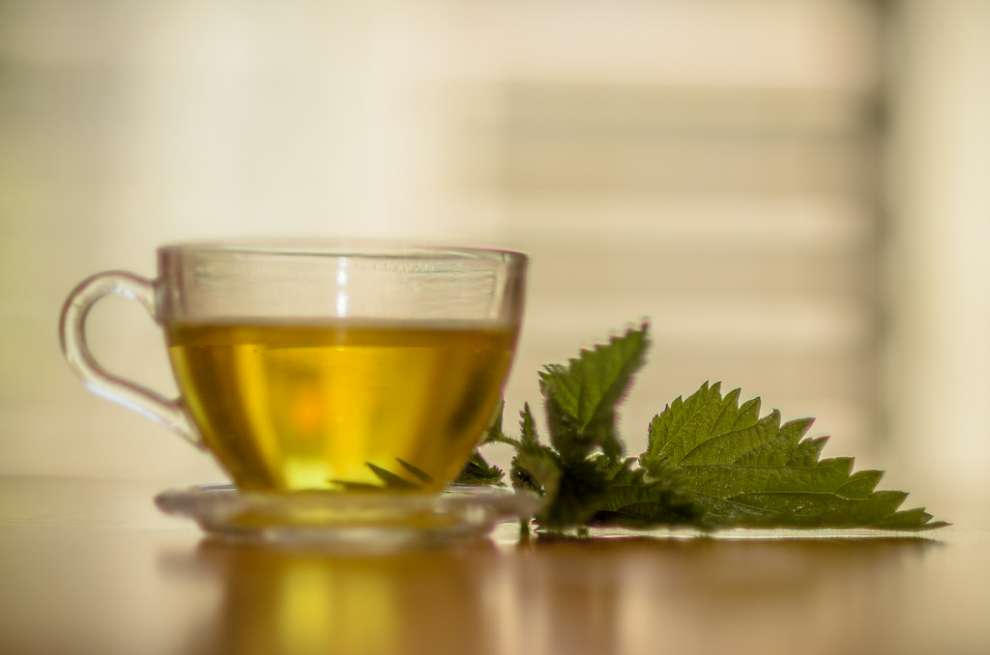
Oregano - 'Rigani'
Oregano contains vitamins A, C, E, and K, as well as fiber, folate, iron, magnesium, vitamin B6, calcium, and potassium. Oregano has anti-inflammatory, anti-microbial, and anti-fungal effects, and may kill MRSA, listeria, and other pathogens.
Oregano essential oil may be useful for respiratory ailments like colds and flu. Adding oregano to meat before cooking may help reduce the amount of toxic compounds created by the cooking process.

Rosemary - 'Dentrolivano'
Rosemary herb contains very good amounts of vitamin A, vitamin-C and folic acid. Used moderately it has excellent results against dyspeptic complaints and aid to stimulate appetite. Furthermore, rosemary is used for headaches.
Rosemary tea can be used as a conditioning hair rinse, as is said to aid hair loss recovery in cases where hair loss has been due to stress and worry.
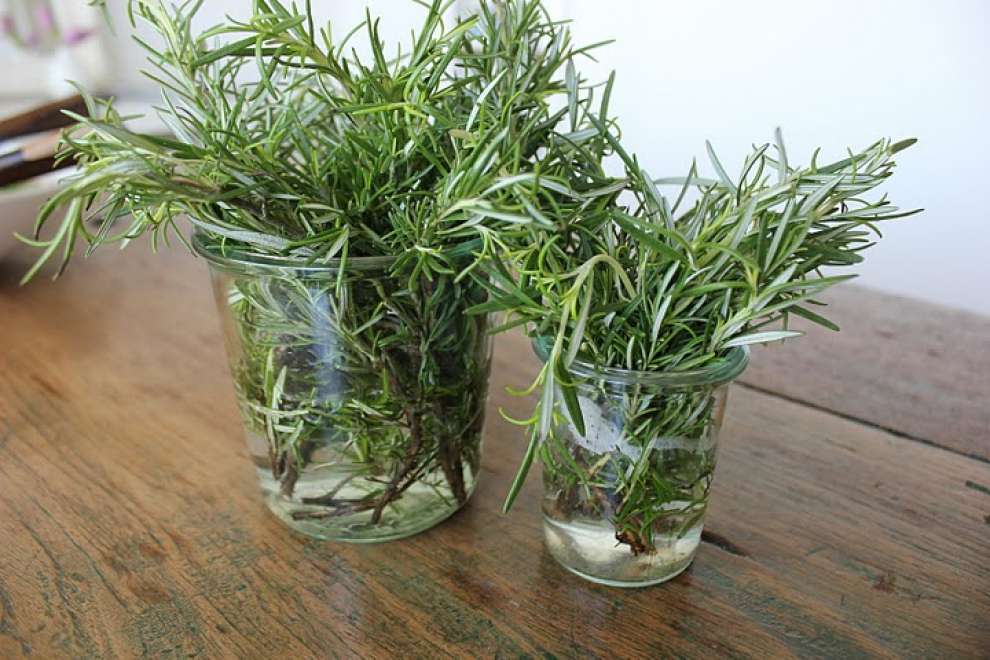
Sage – ‘Spatzia’
Sage has one of the longest histories of use of any culinary or medicinal herb.
Sage boosts cognition, treats Inflammation, has antioxidant properties, prevents Alzheimer’s disease, strengthens immune system, improves bone health, skin care and manages diabetes.
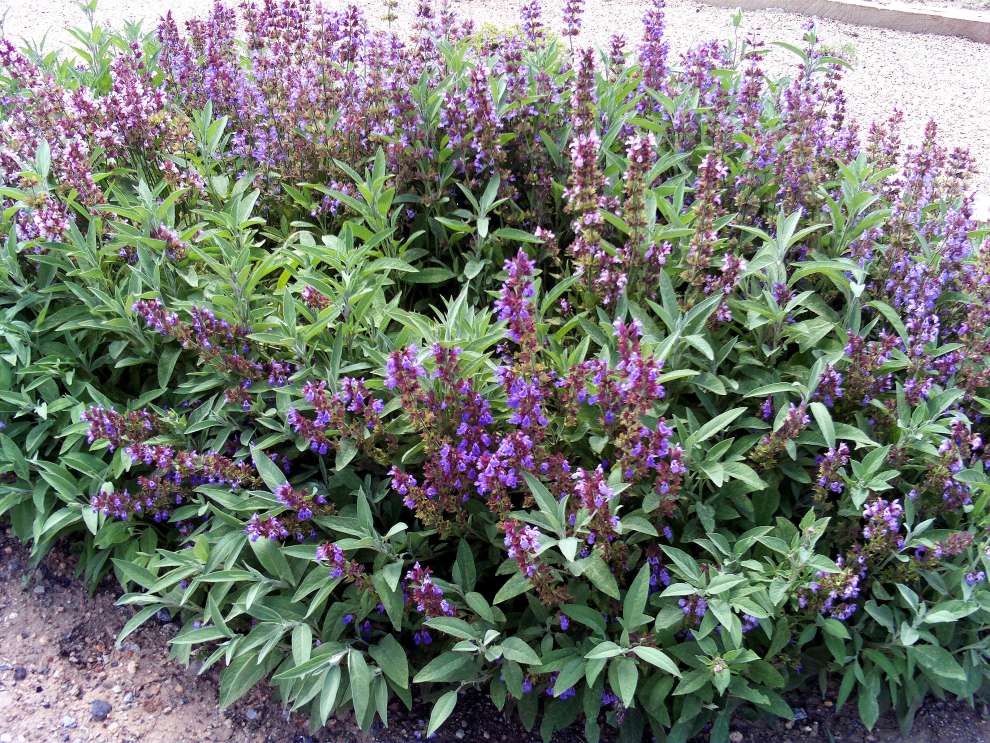
Sambucus - 'Zamboukos'
Sambucus flowers act as a diaphoretic and are very good for treating colds and flu, sore throats, toothache, dry cough, sore throat and tonsils. Use Zambucus tea on a cotton pad to wash and treat tired and inflamed eyes.
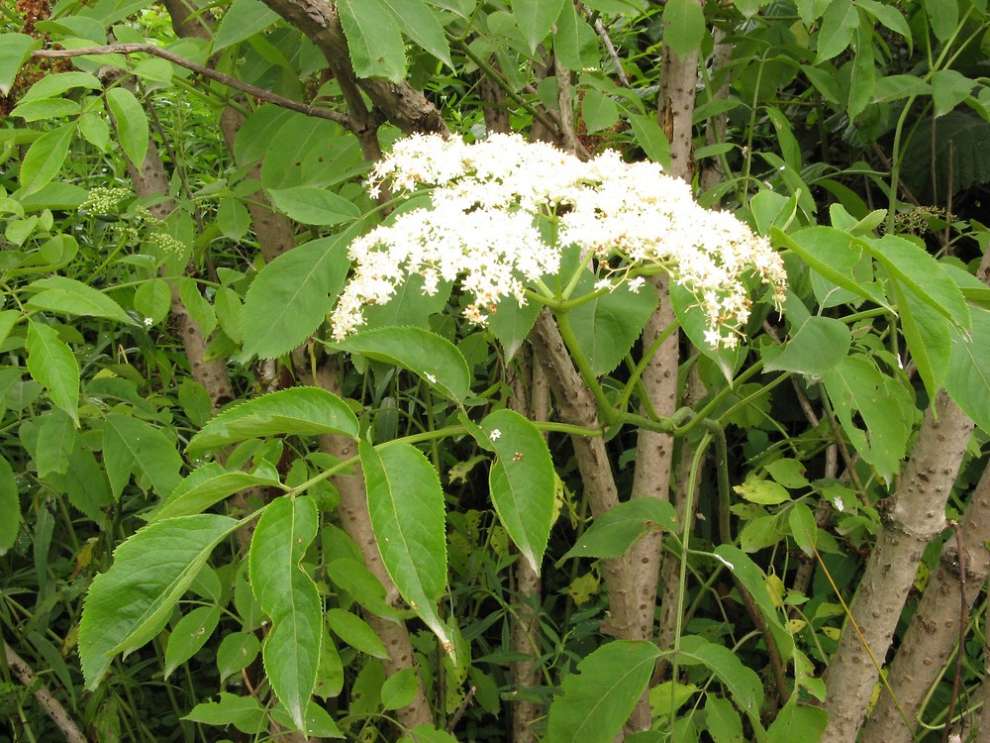
Sideritis – ‘Mountain Tea’
Sideritis is a very popular medicinal tea mostly known as “mountain tea” with a very nice flavour. Sideritis has a long list of beneficial properties, such as detoxifier, anti-anaemic, anti-inflammatory, anti-oxidant, disinfectant, bacteriostatic, stimulant, and diuretic, lowers blood pressure and protects the digestive system.
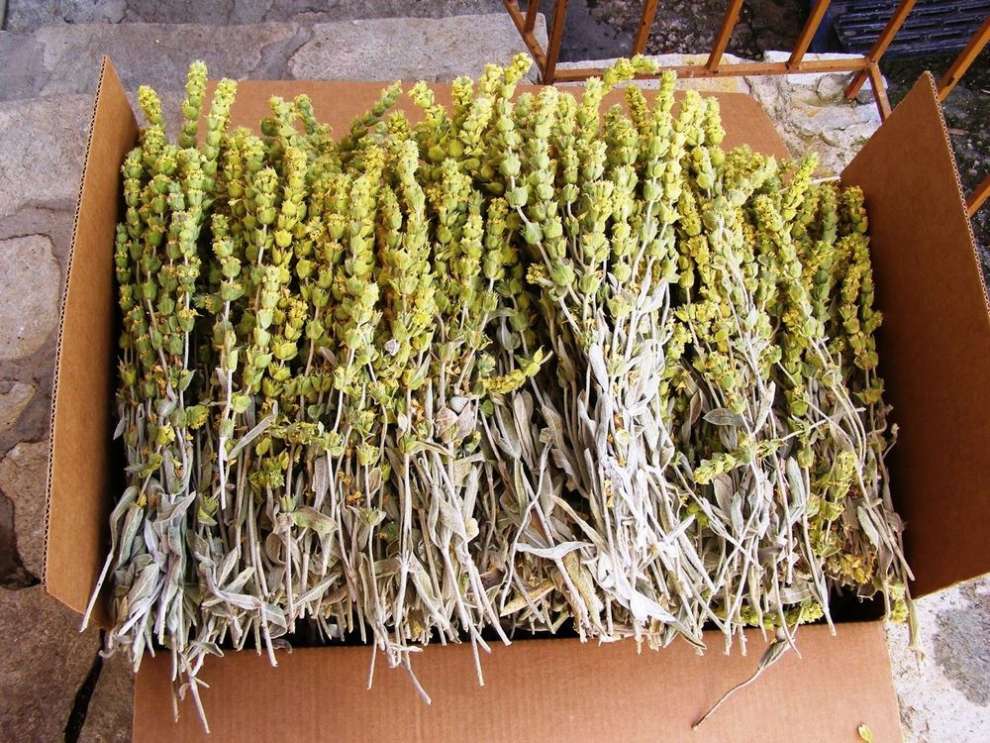
Thyme - 'Thimari'
Thyme isn’t just one of the most popular culinary herbs today, but it also has a long history of use as a medicinal healer and protector. Thyme fights sore throats, lowers blood pressure and cholesterol levels, prevents food poisoning, boost mood, and has been used for centuries for the treatment of coughs and bronchitis.
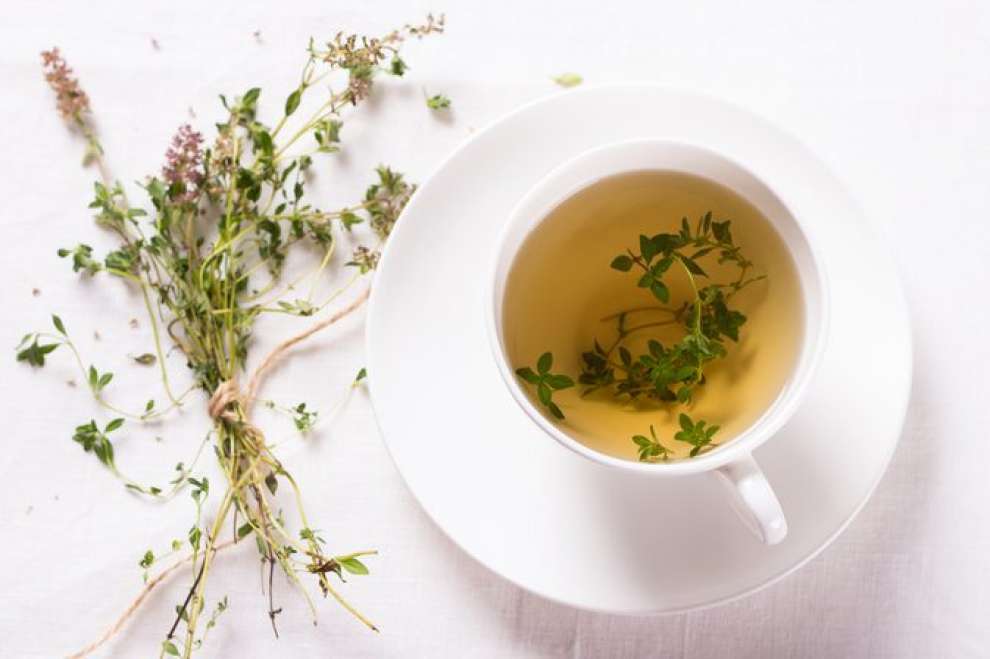
Valerian - 'Valeriana'
Valerian is one of the best herbs to ease insomnia, stress, anxiety and nervous restlessness. Valerian lowers blood pressure and is also effective for menstrual agitation during women’s period. The taste of valerian is not very pleasant, but one cup of tea one hour before bedtime can help sleep.
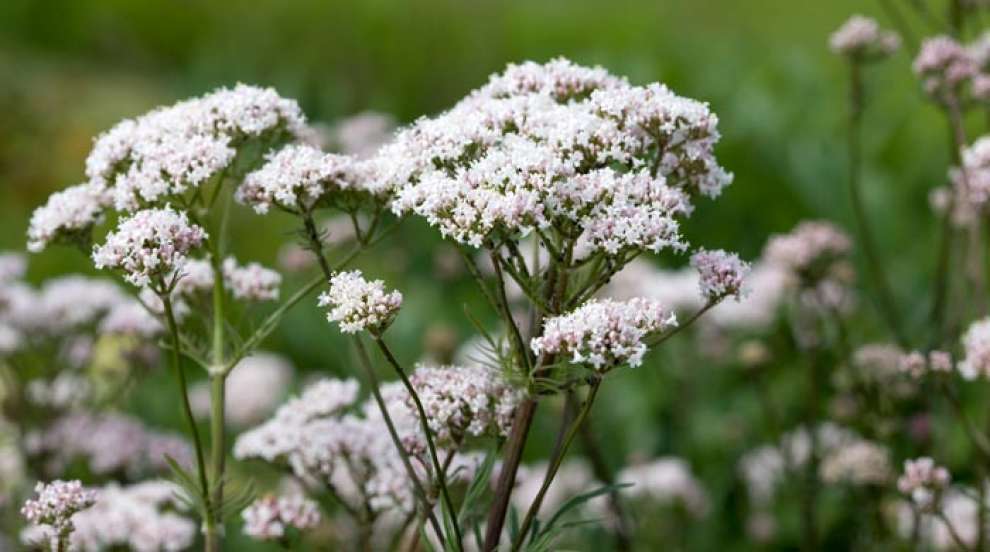
Herbs and spices are natural medicines and contribute to a good health and a general wellbeing. But as with all kind of medicines, they also have some disadvantages. Visiting a physician for the correct diagnosis, or consulting a herbalist for the proper herb and dosage, is the best practice.

 English
English
 Ελληνικά
Ελληνικά Русский
Русский

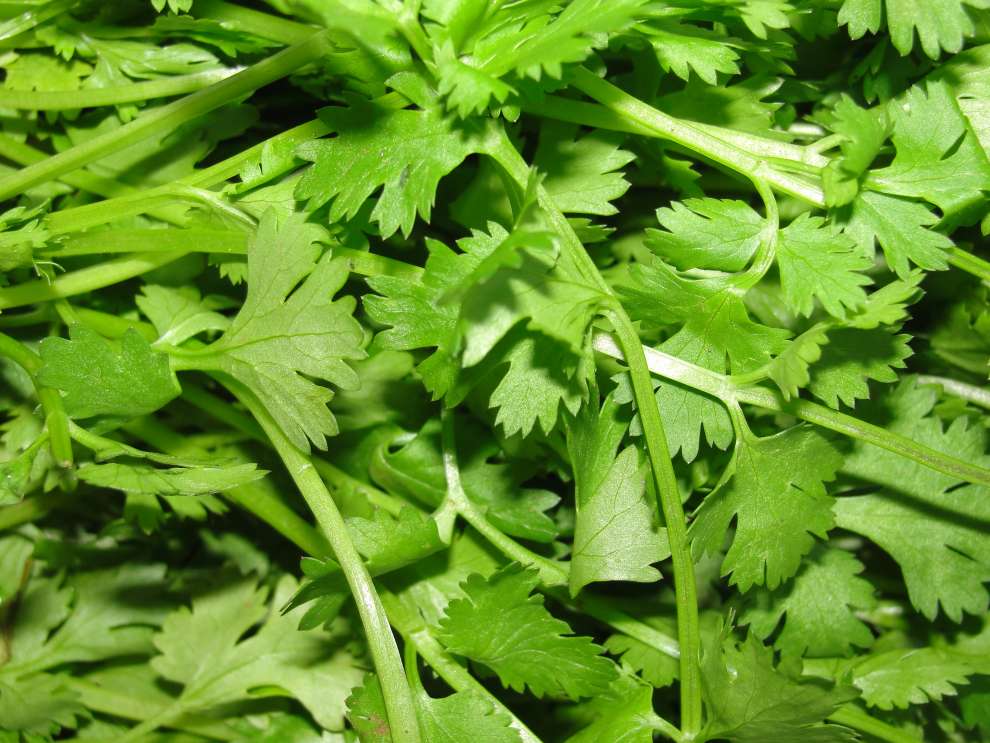






























 Posted by
Xenia Economidou
Posted by
Xenia Economidou






